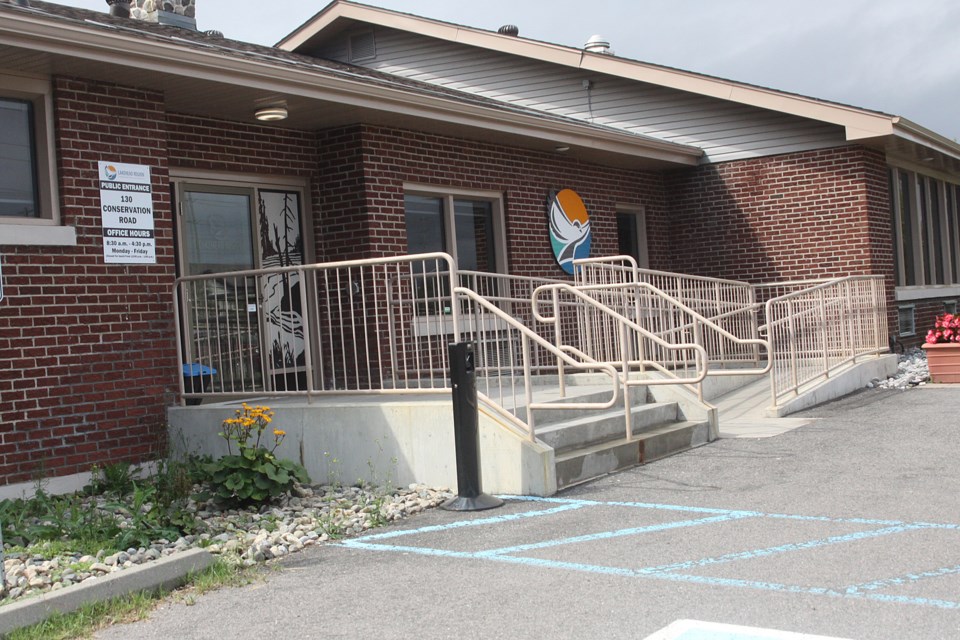THUNDER BAY – The Lakehead Region Conservation Authority is still trying to determine the impact of directives from the provincial government to start winding down non-mandated programs and freeze fees and levies.
Ontario’s conservation authorities late last week received a letter from Environment Minister Jeff Yurek, requesting conservation authorities “re-focus their efforts on the delivery of programs and services related to their core mandate.”
“The confusing thing with the letter is the province really hasn’t dictated what is core mandated, versus non-core mandated,” Lakehead Region Conservation Authority chief administrative officer Tammy Cook said on Tuesday.
“Things we consider might not be core mandated would be our environmental education programs and monitoring that we do in the watershed.”
Cook said the monitoring is done in partnership with the provincial environment ministry and the environmental education programs are self-funded.
“It’s unclear if we can continue to do those programs, even if they’re not funded by the municipality or the province,” Cook said.
The letter listed risk of natural hazards, conservation and management of conservation authority owned or controlled lands, drinking water source protection, protection of the Lake Simcoe watershed and other programs and services, as prescribed by legislation, as being related to their mandate.
Conservation Ontario, which represents the province’s 36 conservation authorities, issued a media release on Monday, claiming to be “stunned” by the province’s letter. Conservation Ontario general manager Kim Gavine said the communication was “confusing and extremely disappointing.”
The Progressive Conservative provincial government earlier this year cut hazard management funding by 50 per cent, potentially downloading that cost onto municipalities.
Gavine said proposed changes to the Conservation Authorities Act have yet to be proclaimed, meaning there isn’t yet a firm definition of which programs and services are mandatory.
Yurek turned to Twitter on Tuesday to post a response, arguing that conservation authorities have expanded beyond their mandate to provide activities like zip lining, maple syrup festivals and photography and wedding permits.
“Bringing conservation authorities back to their core mandate will allow municipalities to better manage conservation authority budgets and programs,” Yurek said in the written statement.
“The legislative changes we’ve made ensure conservation authorities focus on delivering core services and programs that protect communities from natural hazards and flooding while using taxpayer dollars efficiently and effectively.”
Yurek said the government is giving municipalities greater control and ability to enter into agreements with conservation authorities to fund any programs and services outside of the core mandate.
The letter also calls on conservation authorities to not increase their user fees or municipal levies.
“We do have a board of directors, made up by our member municipalities, who approve our budget,” Cook said, adding the province only funds nine per cent of the conservation authority’s programs. “In essence, (the municipalities) are paying for the programs but they have a say in whether or not we do the programs because they approve our budget.”
“We need to prepare our budget well ahead of time. This adds some confusion about whether or not we can have a municipal increase to our levy or not and how we would fund the things we must do if we don’t have provincial dollars or municipal dollars.”
